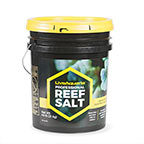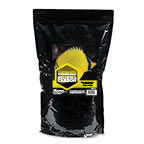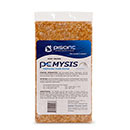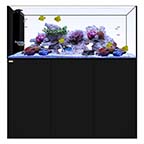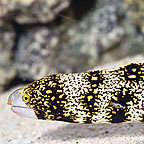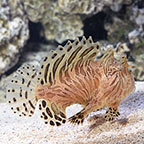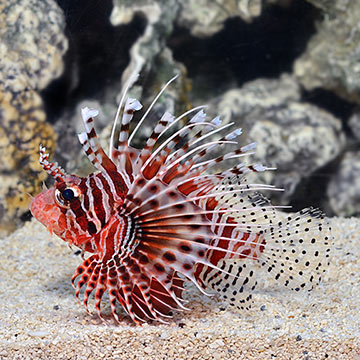
Additional locales and sizes may be available!
Additional locales and sizes may be available! Email me when available|
Product Notes:
· We cannot ship this product to Florida. |
Quick Stats
What do these Quick Stats mean? Click here for more information
What do these Quick Stats mean? Click here for more information
Overview
The Mombasa Lionfish originates from the Indian Ocean, and is infrequently exported from East Africa, Maldives, and Sri Lanka. These fishes frequent deeper water and can be found on offshore reefs and reef slopes varying in depth from 50-130 feet.
The spines on the dorsal, anal fins of the Mombasa Lionfish are venomous, so use extreme caution when cleaning the aquarium or handling this species. If you are stung, the reaction will be similar to a bee sting only a little stronger.
The Mombasa Lionfish should be housed in a dimly lit 50 gallon or larger aquarium with a few overhangs and structures for adequate hiding places. The ideal setup should be aquascaped with live rock to provide shelter, along with open areas for swimming to accommodate the beautiful open fin display of this species. This species is a nocturnal hunter, and they are normally found perched on rockwork or under an overhang during the day. Keep in mind that the predatory Mombasa Lionfish will consume smaller fish, shrimp, and other crustaceans in the tank.
When first introduced into the aquarium, freshwater Ghost (Glass) Shrimp should be used to entice this fish to eat. Its diet should include meaty foods such as live shrimp, live fish, and occasionally crustacean flesh. With the proper diligence and training, these fishes can be weaned onto silversides and chucks of raw shrimp, and other meaty fare with the use of a feeding stick.
Approximate Purchase Size: Small: 1" to 2-1/2"; Medium: 2-1/2" to 4"; Large: 4" to 6"




